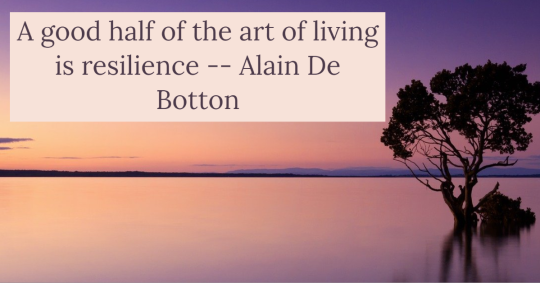Ryan Hurd’s first experiences with lucid dreaming – the experience of being awake while dreaming – were the nightmares he experienced as a child. After watching the 1982 film Poltergeist, he’d have these repetitive dreams of tentacled monsters escaping from his television set and coming after him.
Eventually, he learned to confront these monsters and tell them they weren’t real, causing them to sink back into the television set and go away.
These early nightmares were a precursor to Hurd’s lifelong fascination with dreams. He’s since studied and written about the phenomena of nightmares, how to experience lucid dreams, and how dreams can be portals to the expansion of consciousness.
In this podcast, Hurd describes his early training as a field archaeologist and his ventures into dream archaeology; how he’s used dream incubation to gain insight into issues affecting his waking life, and his experience with dream mentors.
“Part of this (the study of dreams) is realizing that in waking life we’re not always as lucid as we think we are. It’s waking up to the dream of waking life as well, and just appreciating the ups and downs of consciousness throughout our day,” Hurd says.
In addition to describing his own experience, Hurd explains how anyone can begin the process of working with their dreams, his studies on the impact of galantamine paired with meditation and dream reliving on subsequent dreams, and how dreams can be portals for expanding consciousness.
Hurd is the editor of DreamStudies.org, and the author or co-author of several books on dreams. He’s an adjunct lecturer at John F. Kennedy University. is currently serving as Director of Spiritual Development at Unitarian Society of Germantown in Philadelphia, PA.
Links:
- Hurd’s Dream Studies Portal
- His book: Lucid Immersion Guidebook: A Holistic Blueprint For Lucid Dreaming
- The Committee of Sleep: Book that describes how artists, scientists and others use dreams for creative problem solving
- The Sacred Inclusion Network's site
- Provoked by this episode? Record a response!
- Like the podcast? Support us on Patreon!
Check out the Diversity and Spirituality’s newest podcast
via Tumblr https://ift.tt/2Jmyrhm


